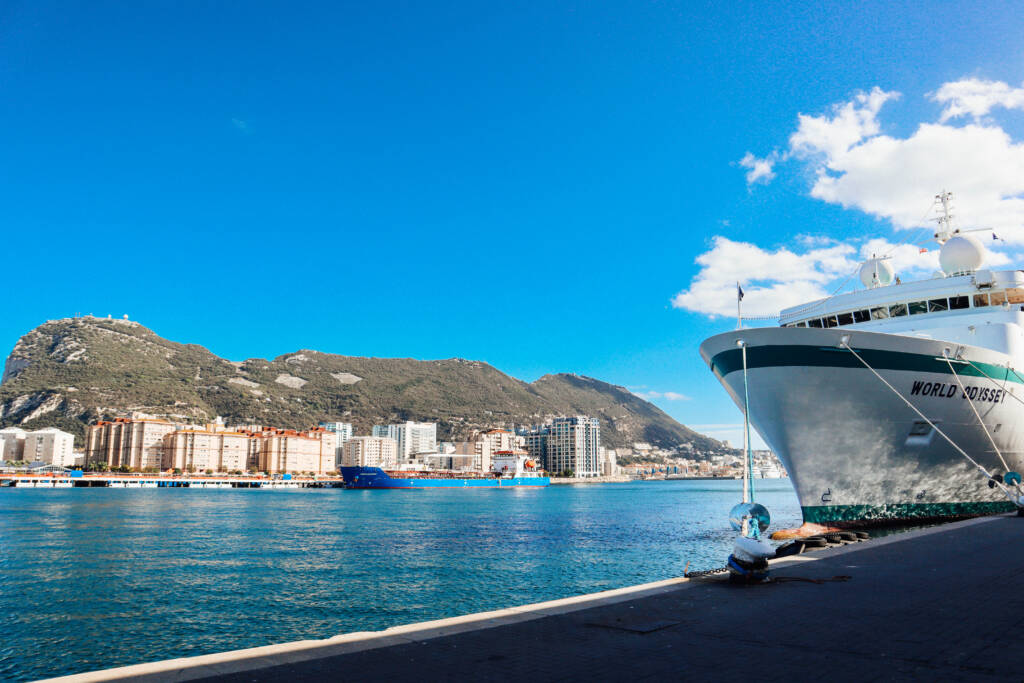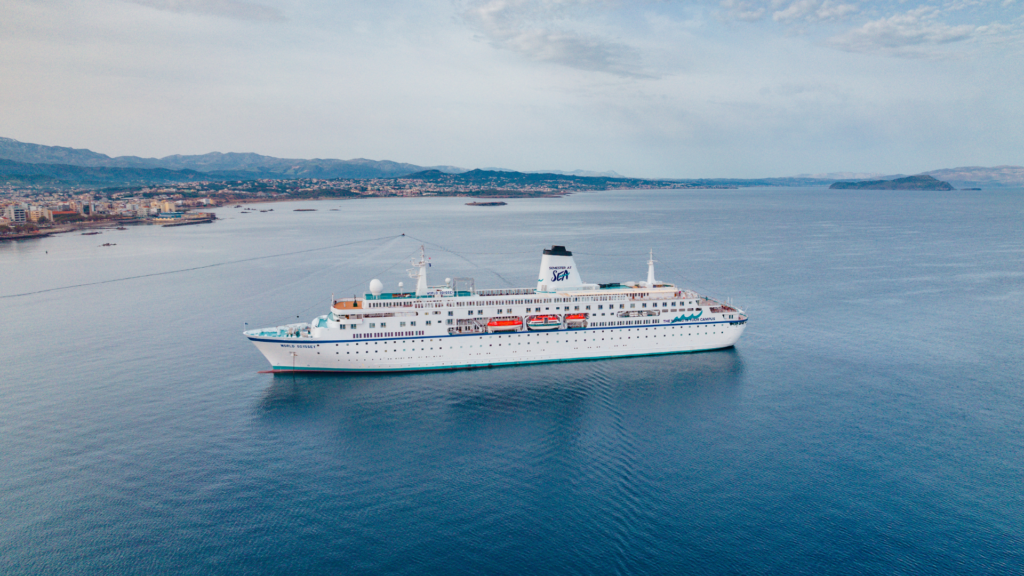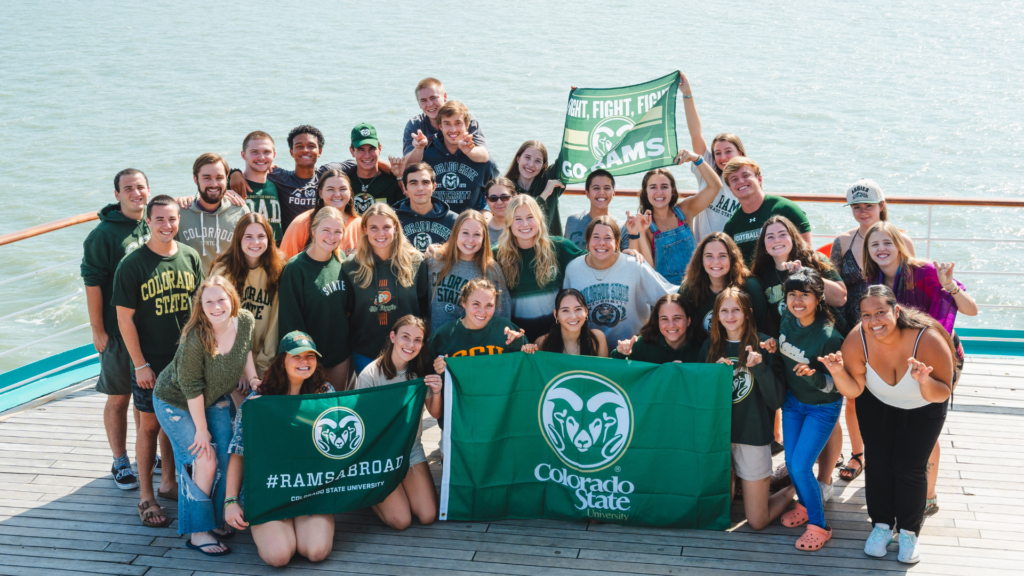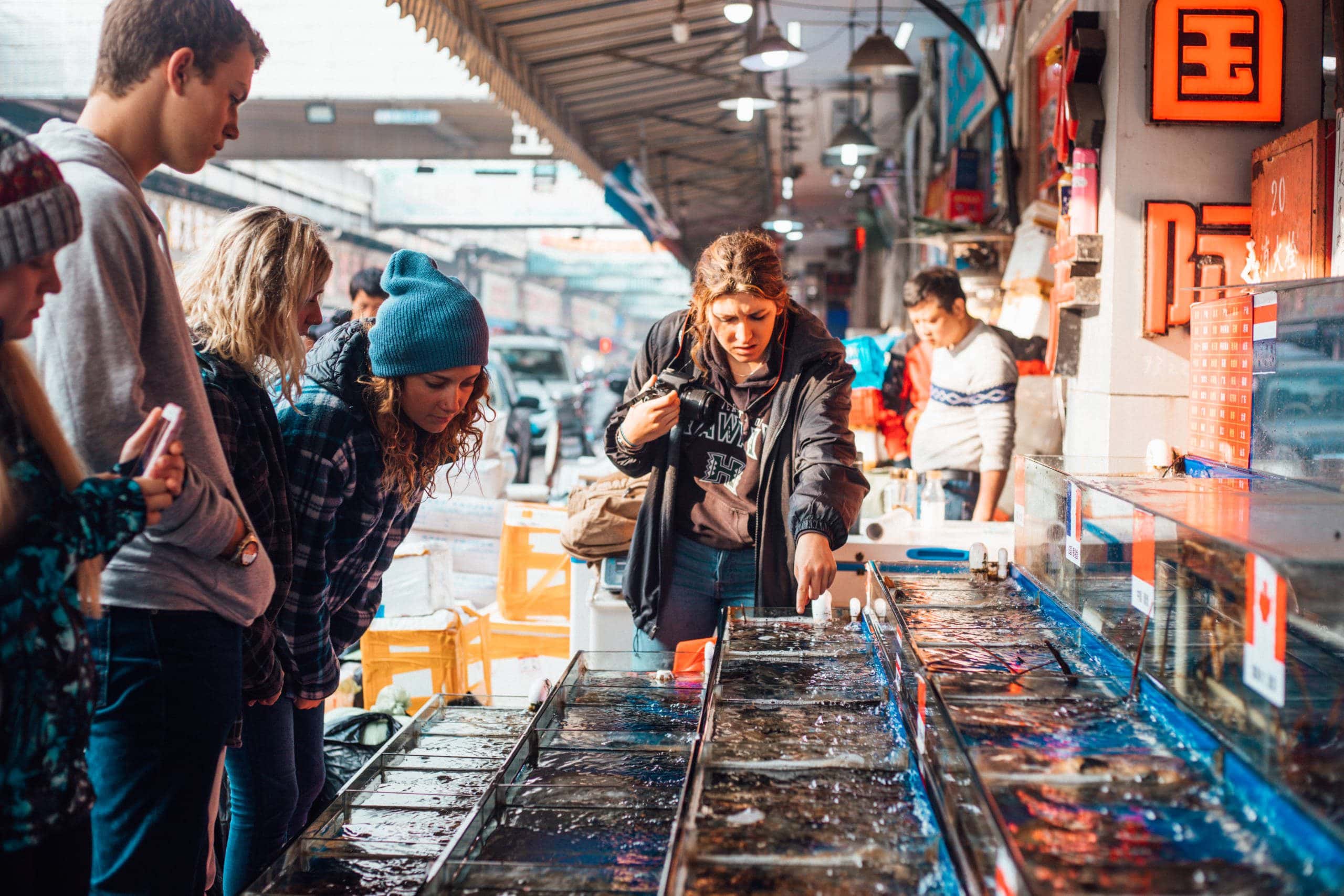
Throughout the Fall 2018 Voyage of Semester at Sea, students have developed an understanding of the interconnectedness of global water systems. With Semester at Sea’s comparative study abroad program, students can more deeply see how one country’s actions, like China, can affect another during their time in port; but, they can also witness the effects of fishing and coastal pollution during their time sailing on the MV World Odyssey.
Fall Voyagers’ visit to China was an important step in understanding the global effects of ocean sustainability, specifically for the Coastal Ecology field class led by Fall 2018 faculty member, Dr. Lindsay Young.
“Often times China is the scapegoat for a lot of the environmental issues of the world, but it’s driven by the demand that we produce overseas,” said Young, who wanted to show students what coastal ecology actually looked in China in order to demonstrate areas of progress and challenge.
The class started at one of the local Shanghai fish markets where students saw various fish, eel, turtles, frogs, crab, and other marine life being prepped to sell to local vendors. Fresh-water catches came from the Yangtze River, the longest river in Asia and a main food source for many people living in Shanghai.
“The reality is that [China] has to feed 1.3 billion people and [fish] is their preferred protein source,” Young added. “In general, fish and seafood as a protein source is much more sustainable than other kinds of meat, whether it’s poultry or beef.”
From the fish markets, voyagers headed to a popular seafood restaurant in the French Concession to see where most of the fish being sold end up. However, China has a history of eating ecologically taxing dishes, such as shark fin soup, that are deeply rooted in the local culture, making large-scale behavioral transformation a challenge. There are hopeful signs however; dishes like shark fin soup that may have been the highlight of a seafood restaurant years ago were nonexistent, or kept out of plain sight, during the students’ visit.
“You’re seeing a shift where younger Chinese people are telling their parents, ‘I don’t want shark fin soup at my wedding,”’ said Interport Lecturer David Helvarg, an ocean activist and executive director of Blue Frontier. “China has banned shark finning and ivory, and these are decisions that have been driven by global movements.”
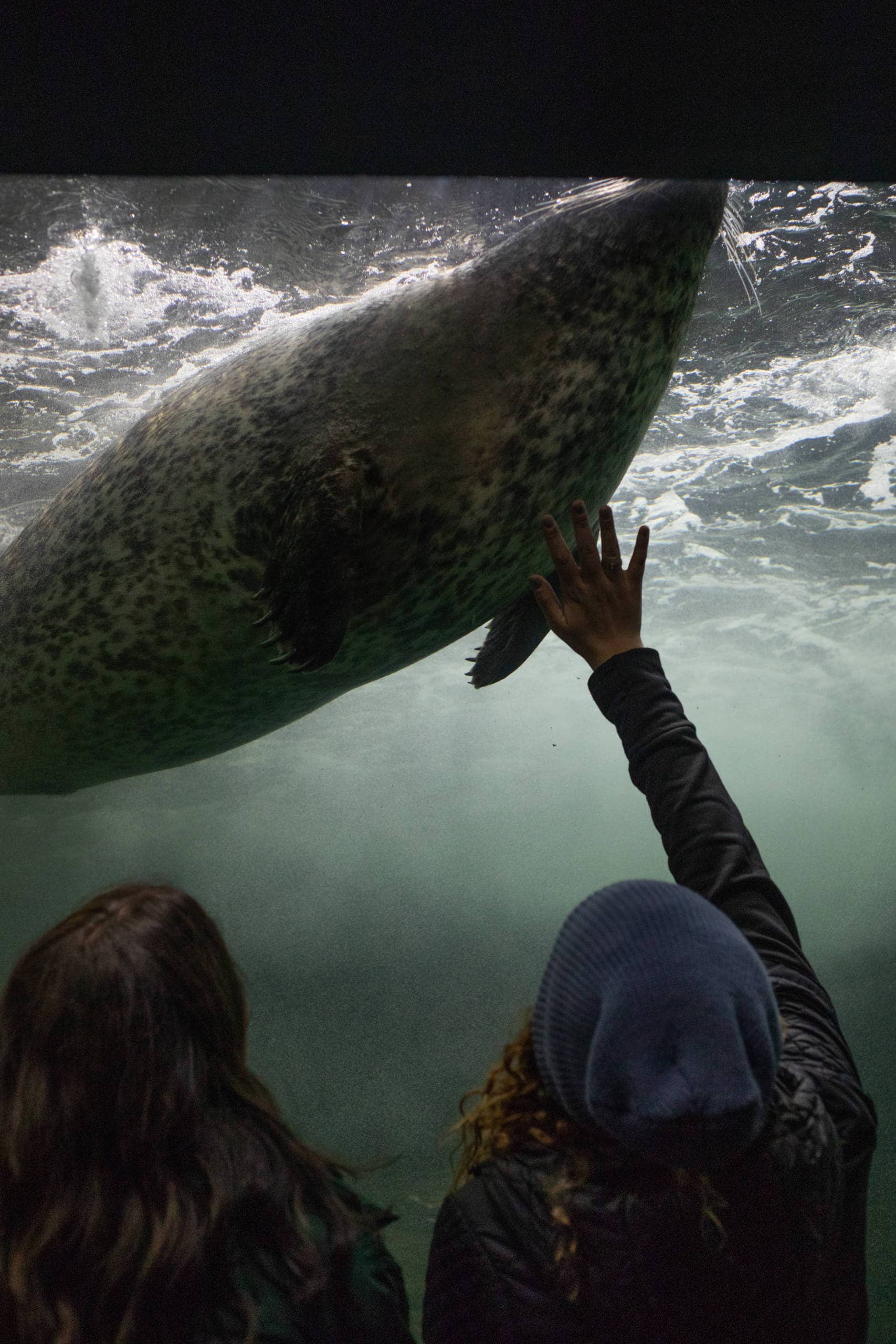
From the restaurant, voyagers ended their field class at the Shanghai aquarium to learn about various marine life in the Pacific Ocean as they start preparing for a 17-day stretch at sea. Students saw some of the unique sea life that lives near China’s shores, but the aquarium visit also reminded them that the issues surrounding China’s coastlines are not so different from other nations, as Helvarg noted.
“China is challenged like the rest of the world by these basic ocean issues: of pollution, food security, of rising seas, and how China addresses them is going to determine how the rest of the world addresses them or fails to adapt,” Helvarg said.
The Fall 2018 Voyage has focused heavily on the importance of sustainability, and for many students, this is their first experience learning about environmental issues. “This is my first ecology class that I’ve ever taken, so most of the information was very new to me and I found it all very interesting,” said Jaiden Edwardson, a senior at University of Northwestern‚ÄìSt Paul. “It’s really fascinating to learn the global aspect of how coasts around the world are generally pretty similar and they’re all experiencing the same degradation.”
Witnessing coastline degradation in several of the ports is an eye-opening experience for students and a necessary step in understanding how each country plays a part in ocean sustainability. In keeping with Semester at Sea’s mission of highlighting the interconnectedness of global systems, Fall 2018 Voyagers are beginning to understand how a policy in one region of the world can drastically alter plastic consumption, coastal pollution, and fishery practices in another.
